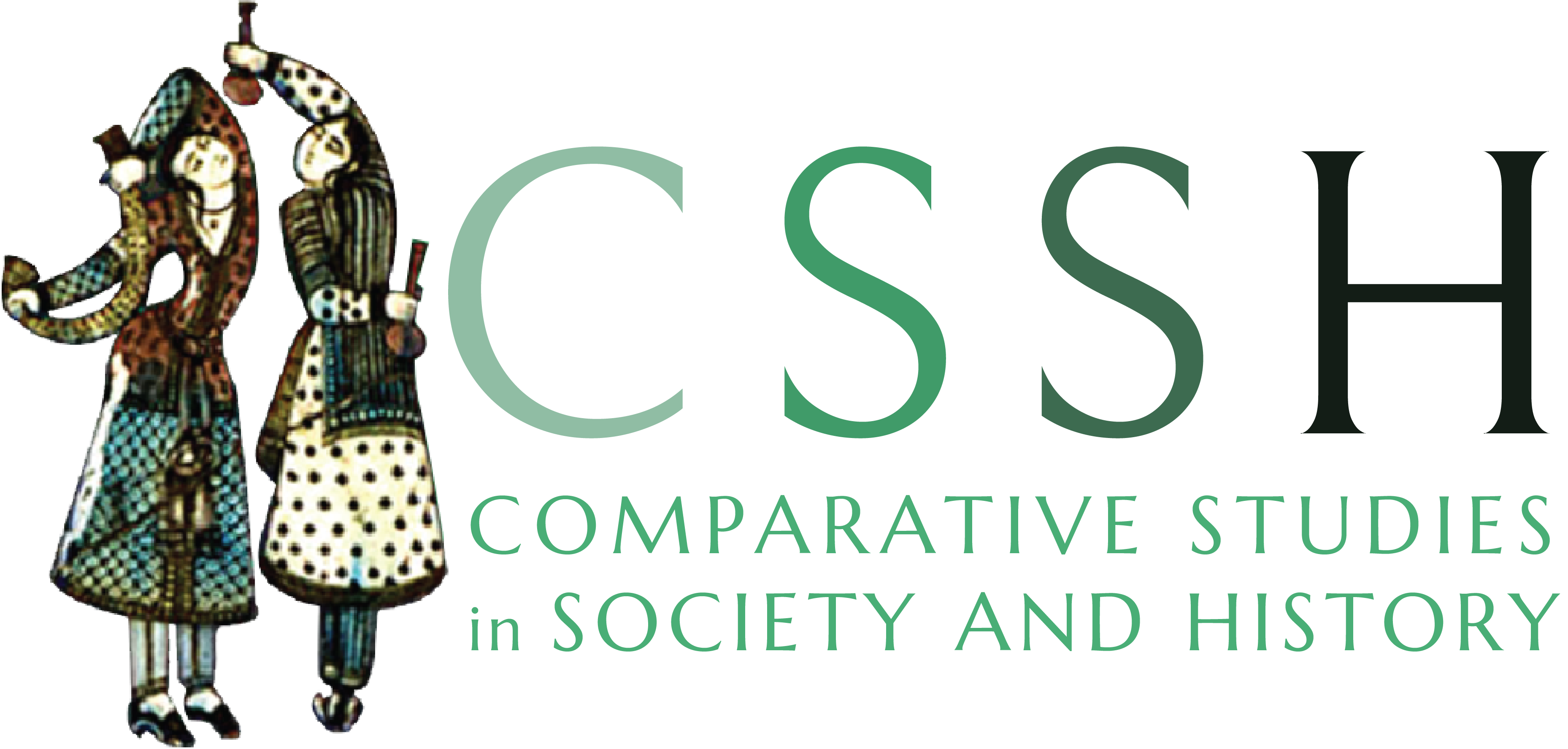Meet the authors of the 62-2 issue, April 2020
José H. Bortoluci is Professor of Sociology at Fundação Getúlio Vargas (EAESP-FGV) in São Paulo. He earned his PhD in Sociology at the University of Michigan, Ann Arbor, in 2016.
Timothy P. A. Cooper is an anthropologist who uses interdisciplinary methods drawn from material and visual culture studies to engage with the marketplace circulation of film and music in Pakistan and the ethical systems that undergird its mediation. In parallel with an emerging body of published research, Cooper co-curated the first international retrospective of a Pakistani filmmaker (Jamil Dehlavi), held at the British Film Institute in London, has disseminated his research in national and international press, and has co-directed three ethnographic films, King of the Cockroaches (2017, with Abeera Arif-Bashir), Scratches on Celluloid (2019, with Vindhya Buthpitiya), and The Storehouses of the World (2019, with Abeera Arif-Bashir).
Julie Gibbings is a Lecturer in the School of History, Classics, and Archaeology at the University of Edinburgh. She is the author of two forthcoming books: Our Time is Now: Race and Modernity in Postcolonial Guatemala (Cambridge University Press, 2020); and (co-edited with Heather Vrana) Out of the Shadow: Revisiting the Revolution from Post-Peace Guatemala (University of Texas Press, 2020).
Ariel Handel is Director of the Lexicon for Political Theory project, and Academic Co-Director of Minerva Humanities Center at Tel Aviv University. His former research projects investigated human mobilities in the West Bank and the Gaza Strip, the politics of housing and urban frontiers, mapping and spatial representations, and the political philosophy of geography. He has published numerous journal papers and book chapters on issues of space, power, and violence, including in Transactions of the Institute of British Geographers, Environment and Planning A, Political Geography, Mobilities, Surveillance and Society, Critical Inquiry, and American Ethnologist. Handel is the Editor-in-Chief of The Political Lexicon of the Social Protest (Hakibutz Hameuchad, 2012), and co-editor of Normalizing Occupation: The Politics of Everyday Life in the West Bank Settlements (Indiana University Press, 2017).
Daniel Monterescu is Associate Professor of Anthropology at the Central European University, Budapest/Vienna. He holds a Ph.D. from the University of Chicago and a Sommelier certificate (level 3, 2010, Italy), and is training for completion of the Wine & Spirit Education Trust level 4 diploma in Austria. He has studied binational urbanism in ethnically “mixed” cities in Israel, and Jewish revival movements in Central European cities. His current research focuses on gastronationalism and border wines in Europe and the Middle East through the concepts of terroir and territory. His publications feature articles in American Ethnologist, Public Culture, Constellations, Identities, International Journal of Middle East Studies, Ethnologie Française, Storia Urbana, and contributions to numerous edited volumes in English, Arabic, French, Italian, and Hebrew. He is the author of Jaffa Shared and Shattered: Contrived Coexistence in Israel/Palestine (Indiana University Press, 2015) and co-author of Twilight Nationalism: Politics of Existence at Life’s Edge (Stanford University Press, 2018). He is a recipient of the 2019 Gerda Henkel Stiftung grant on “Lost Cities.”
Thomas R. Prendergast is a Ph.D. Candidate in History at Duke University. He holds an M.A. in History from Duke University and a B.A. in History and Comparative Literature from the University of Chicago. His research Traces the production, reception, and circulation of legal concepts of “empire” in East Central Europe, and asks how composite monarchies sought to legitimize themselves in the face of new, nation-centric theories of statehood around the turn of the twentieth century. He has presented his work at conferences in the United States and Europe, including the German Studies Association Conference, American Association for Slavic, East European, and Eurasian Studies Conference, and Triangle Intellectual History Seminar. From 2017 to 2018, he was a Fulbright Junior Visiting Fellow at the Internationales Forschungszentrum Kulturwissenschaften (IFK) in Vienna, Austria.
Rephael Stern is a J.D.- Ph.D. Candidate in History at Harvard University and the Harvard Law School. His dissertation explores the formation of administrative and constitutional legal regimes in the twentieth-century Middle East and, especially, Israel/Palestine.
Jacob Tropp is Professor of History and John Spencer Professor of African Studies at Middlebury College in Vermont. He earned his Ph.D. in African history at the University of Minnesota, where he was also a funded scholar in the MacArthur Interdisciplinary Program on Global Change, Sustainability, and Justice. His dissertation research on social and environmental history in the Eastern Cape of South Africa was the basis for his 2006 monograph, Natures of Colonial Change: Environmental Relations in the Making of the Transkei (Ohio University Press, New African Histories Series), and several articles in African history journals and the edited volume Indigenous Knowledge and the Environment in Africa and North America (Ohio University Press, Ecology and History Series, 2012). His ongoing research on the entanglement of international development and Native American histories has been supported by the American Philosophical Society, the American Council of Learned Societies, and visiting fellowships at the Centre for Humanities Research, University of the Western Cape (Bellville, South Africa), and the Rachel Carson Center (Munich, Germany).


